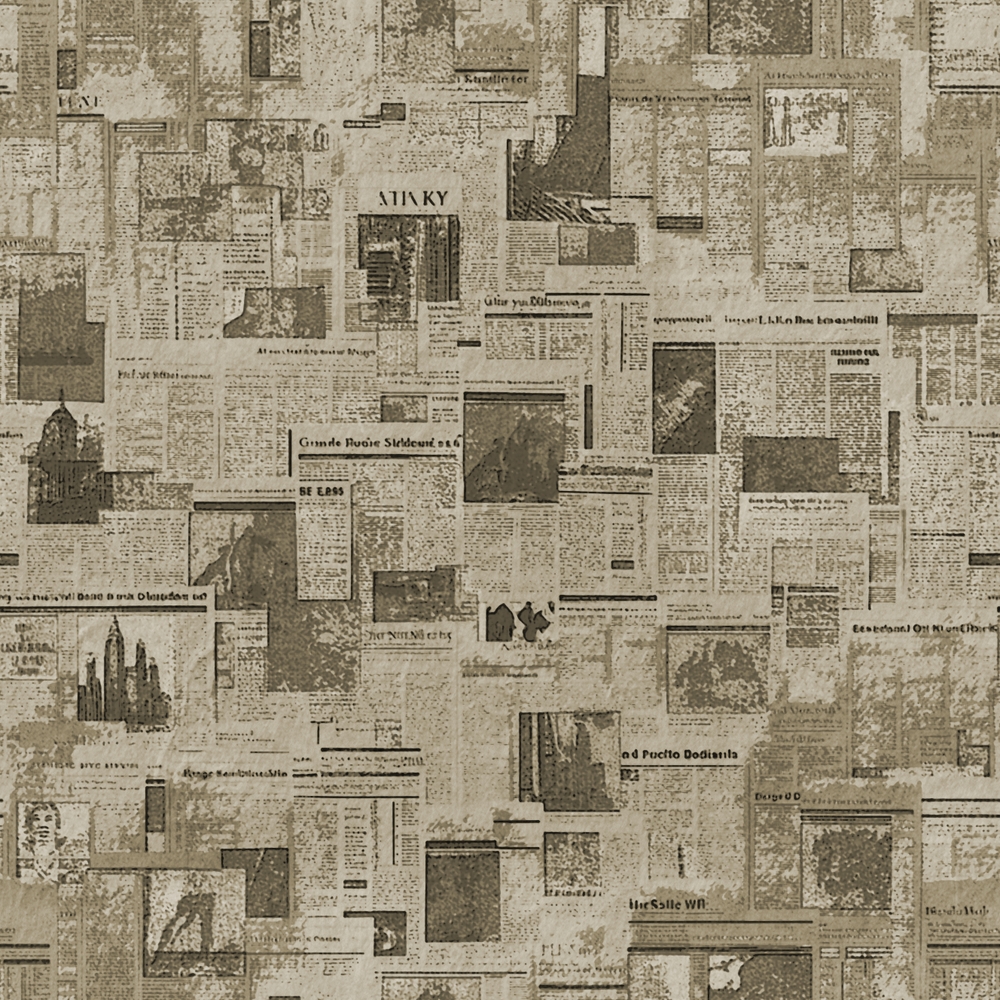In this week’s Torah reading, Parshas Korach, Korach confronts Moses, claiming that he too deserves no less an honorable status than Aaron, who was appointed as Kohen Gadol (high priest).
When Korach rises up against Moses, he doesn’t merely accuse Moses of making his own decisions in who was appointed. Rashi tells us that Korach staged a whole scene mocking Moses. He came with his men dressed in shawls dyed with tcheles (a special kind of dye) and asked Moses, “Does a talis which is all tcheles need tcheles on its tzitzis(the strings tied on the fringes)?”
When Moses answered in the affirmative, Korach and his men began to ridicule Moses and said, “If one string of tzitzis dyed with tcheles is enough for the whole talis, how could it be that a talis which is completely dyed with tcheles require that a string on the fringe be dyed as well?”
This is a remarkable episode. What in the world do the laws of tzizis have to do with their accusation of Moses abusing his power to give his brother a more honorable position than them? This is the power of leitzanus – the power of mockery and making light of a matter of importance.
As Rabbi Yerucham Levovitz explains (Da’as Chochmo Umussar, Vol. 3 chapter 34), leitzanus is about deflating the significance of anything of value. It can be devaluing a good idea, a person, an honorable deed or a correct attitude, through shrewd sarcasm or any other means of scorn. The Mesilas Yesharim says (chapter 5), that leitzanus is like a shield smeared with oil upon which all arrows which hit it will slip right off. Just a little wit and mockery can dismantle a huge impact that was made upon someone to be aroused to self-improvement. Leitzanus has the power to wipe away any impression that was made for the better. As true as an idea or a position on any given matter may be, leitzanus has a mighty power of destruction – the power to undermine the worth of anything valid.
Furthermore, it makes no difference whether the leitzanus makes any sense or not. Leitzanus does not have to be supported by logic to make its effect. Any form of mockery is sufficient to deflate the highest level of reverence anything may have and reduce it to nothingness. As the Meillas Yesharim says (ibid) that one who is under the influence of leitzanus is no longer governed by logic and reason.
Rabbi Shlomo Wolbe once delivered a very inspiring lecture with Rabbi Matisyahu Solomon in the audience. Rabbi Solomon was left awestruck by the powerful lecture and proceeded to compliment Rabbi Wolbe, “I do not understand how anyone can listen to your talk and not become a changed man! The content was so powerful and convincing, and the delivery was as clear as can be. It must certainly have made a big impression upon all the attendees.”
In response, Rabbi Wolbe said, “Nevertheless, with just three words, one can knock the wind out of the entire lecture.”
“Which three words?” wondered Rabbi Solomon out loud. ‘
“The three words,” said Rabbi Wolbe,”are ‘ha ha ha.'”
We learn from Parshas Korach that it is very easy to fall into the trap of leitzanus. Whenever we are challenged with unpleasant criticism or an ideal which makes us feel uncomfortable or guilty, our first reaction is to take up defense, which many times takes the form of belittling that which we feel threatened by. Deflating the significance of the matter or the person we feel challenged by is simply the easiest way to shrug off the bothersome notion that we may be wrong or need to improve. It’s a natural reaction to throw in some cynicism or ridicule in such instances, to dismiss the threat to our pride or the looming obstacle to acting the way we wish.
If we want to get anywhere in life, we must learn to face the challenge in a mature manner and rid ourselves of the urge for leitzanus. Before we react in a way which makes light of anything, we should stop and ask ourselves, “Why am I about to do this? Do I have a logical refutation or is this an emotional reaction to fend off a matter of value for the sake of maintaining my pride? Is there true justification to dismissing the ideal at hand or am I just out to defend the way I feel comfortable with?” Mockery is the most detrimental way of keeping ourselves out of touch with reality. Just a little cynicism can instantly dismantle any impression which might have helped us go further in the right direction. It’s up to us keep ourselves far from leitzanus in order that we do not lose touch with reality, and keep ourselves receptive to improvement.
Parshas Korach by Rabi Yitzchok Aryeh Strimber (torah4every1@gmail.com)


